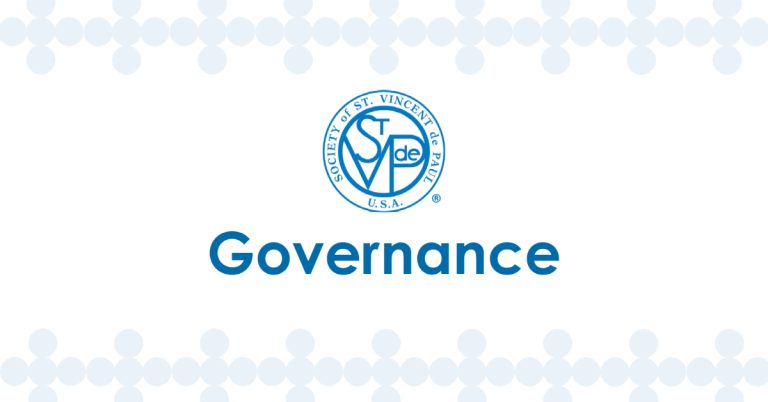We conclude our series of excerpts from an article in the Smart Risk Management Manager’s Training Workbook on the five core principles of Risk Management. This week’s focus is on the fourth and fifth of those principles – Empathy and Fairness.
Core Principle #4 – Empathy
Managerial empathy is the ability to identify with your employees so you can understand their feelings and needs. Smart Risk Managers always try to place themselves in their employees’ shoes. Remember – employees are not just numbers, write-offs or sources of risk, but valuable team members who, like you, have fears, needs and hopes.
Managers who fail to practice managerial empathy tend to experience higher turnover, increased risk and more wrongdoing. Smart Risk Managers understand that:
- Most employees view their job as important. Employees are sensitive to decisions that affect their job.
- Even a minor incident can have a significant effect not only on an employee’s job or career, but also on his or her personal life.
- Employees have concerns – real or imagined – regarding their jobs, and these should be routinely addressed.
- Employees fear reporting wrongdoing, especially when they believe that reporting may place them at risk or, in some manner, significantly impact them. A Smart Risk Manager takes great care to keep a report of wrongdoing confidential by telling only those who have a “need to know.”
Core Principle #5 – Fairness
Fairness begins with respect and dignity for all employees. A Smart Risk Manager understands and values the importance of all employees, regardless of their race, color, national origin, religion, gender, age, disability or position on the organization chart. Fairness in the workplace demands that you:
- Uniformly and consistently apply laws, regulations, rules, policies, procedures and practices to all employees. No employee is above or below the law or your organization’s rules and policies.
- Put aside your personal prejudice, bias and fear when managing employees.
- Make objective
- Never consider an employee’s physical, mental, ethnic, racial, social or religious background, characteristics, capabilities, beliefs, gender or age when making management decisions, such as hiring, firing, promotions, raises, benefits and training.
- Eliminate unfair management practices, even if such practices have occurred in the past.
We hope you have found this information on Risk Management to be helpful.

